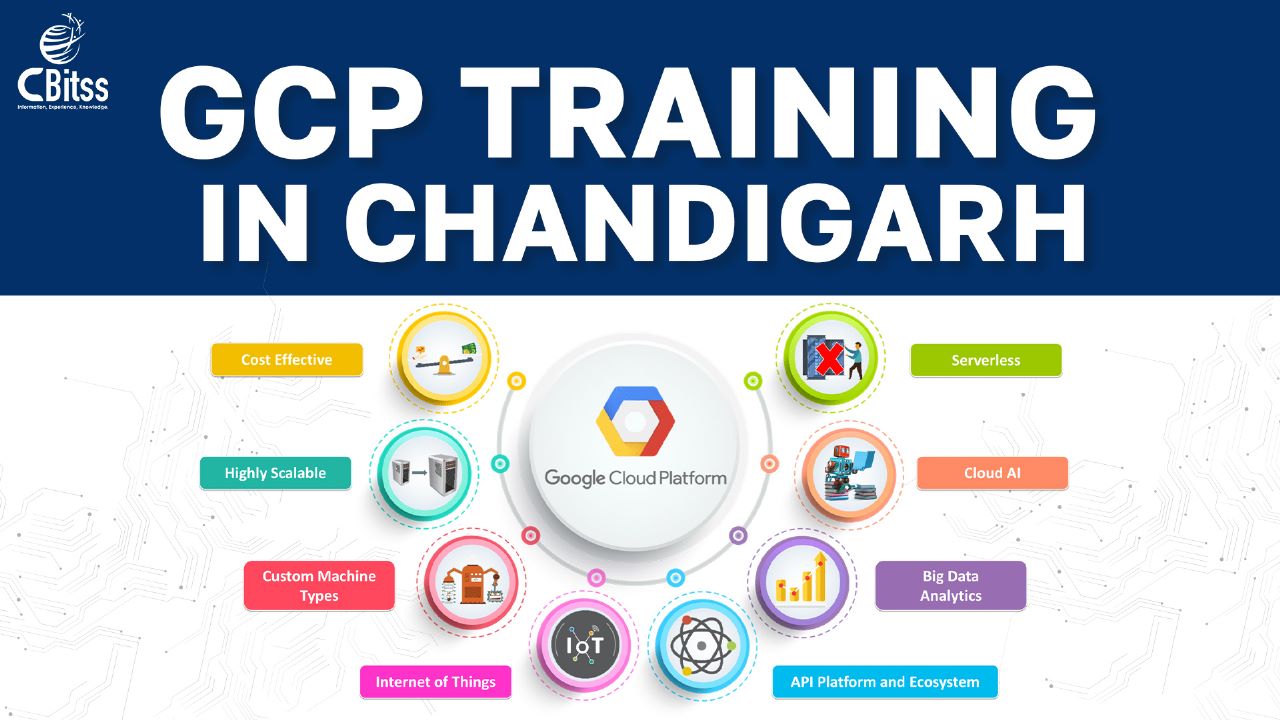Google Cloud Platform (GCP) is one of the leading cloud computing platforms in the world, offering a wide range of cloud services, including computing, storage, databases, machine learning, and more. As businesses increasingly migrate their operations to the cloud, there is a growing demand for skilled professionals who can design, deploy, and manage GCP solutions effectively. GCP certification is a way for individuals to demonstrate their expertise in using Google Cloud services and technologies.In this article, we’ll guide you What is GCP Certification?
Why Get GCP Certified?
GCP certification provides several benefits for individuals and organizations:
- Validation of Expertise: GCP certifications serve as a tangible proof of your knowledge and skills in Google Cloud technologies. They validate your expertise, making you more attractive to potential employers or clients.
- Career Advancement: With the cloud computing industry growing rapidly, GCP certifications can open up new career opportunities and increase your earning potential. Certified professionals are often sought after by companies looking to adopt or optimize their GCP solutions.
- Industry Recognition: Google Cloud certifications are recognized and respected worldwide. They are a testament to your commitment to staying current with industry best practices and trends.
- Access to Exclusive Resources: Google often provides certified professionals with access to exclusive resources, such as communities, forums, and training materials. This can help you stay updated and connected with others in the field.
- Improved Problem-Solving Skills: Preparing for GCP certification exams requires a deep understanding of GCP services and their integration. This process can enhance your problem-solving and troubleshooting abilities, which are valuable skills in any IT role.
Types of GCP Certifications
Google offers a range of certifications to cater to various roles and levels of expertise. As of my last knowledge update in September 2021, here are some of the popular GCP certifications:
- Google Cloud Associate Cloud Engineer: This entry-level certification is designed for individuals who are new to GCP. It covers the fundamentals of GCP services and cloud architecture.
- Google Cloud Professional Cloud Architect: This certification is for architects and solution designers who can create robust, scalable GCP solutions. It requires a deep understanding of GCP services and how to design effective cloud-based systems.
- Google Cloud Professional Data Engineer: Data professionals who want to work with GCP’s data services, including BigQuery and Dataflow, often pursue this certification. It covers data ingestion, transformation, storage, and analysis.
- Google Cloud Professional DevOps Engineer: This certification is for professionals responsible for managing the development and deployment processes on GCP. It covers topics such as containerization, continuous integration/continuous delivery (CI/CD), and automation.
- Google Cloud Professional Machine Learning Engineer: This certification is for individuals who specialize in machine learning on GCP. It covers topics like building and training machine learning models using GCP services.
- Google Cloud Professional Security Engineer: Security professionals looking to secure GCP environments can pursue this certification. It focuses on securing GCP infrastructure and services.
- Google Cloud Professional Kubernetes Administrator: This certification is for administrators responsible for managing Kubernetes clusters on GCP.
Please note that Google may have introduced new certifications or updated existing ones since my last knowledge update. It’s essential to check the official Google Cloud website for the most up-to-date information on GCP certifications.
How to Prepare for GCP Certification
Preparing for GCP certification exams requires a combination of hands-on experience, self-study, and possibly formal training. Here are some steps to help you get started:
- Hands-on Experience: Gain practical experience by working on real GCP projects. This hands-on experience is invaluable when it comes to understanding how GCP services work in real-world scenarios.
- Study Official Documentation: Review Google’s official documentation, whitepapers, and case studies related to GCP. These resources provide in-depth information about GCP services and best practices.
- Training Courses: Consider enrolling in GCP training courses offered by Google or authorized training partners. These courses are designed to cover the exam objectives comprehensively.
- Practice Exams: Take practice exams to familiarize yourself with the exam format and identify areas where you need more study.
- Community and Forums: Join GCP communities and forums to connect with other professionals, ask questions, and share knowledge.
- Review Exam Guides: Google provides exam guides for each certification, which outline the topics you need to study. Use these guides as a roadmap for your preparation.
- Online Courses and Tutorials: There are many online courses and tutorials available that cover GCP topics. Platforms like Coursera, Udemy, and Pluralsight offer GCP-specific courses.
- Hands-on Labs: Google offers Qwiklabs, which provides hands-on labs for GCP services. Completing these labs can reinforce your practical skills.
Taking the Exam
Once you feel confident in your knowledge and skills, you can schedule your GCP certification exam through Google’s authorized exam delivery partner, such as Pearson VUE. Be sure to review the exam format and requirements beforehand.
Conclusion
GCP certification is a valuable investment for IT professionals looking to advance their careers in cloud computing. It demonstrates your expertise in Google Cloud services and technologies and opens up new opportunities in a rapidly growing industry. Whether you are a cloud architect, data engineer, machine learning specialist, or security professional, there is likely a GCP certification that aligns with your career goals and interests. Start your GCP certification journey today to reap the benefits of cloud expertise in the modern digital landscape.




